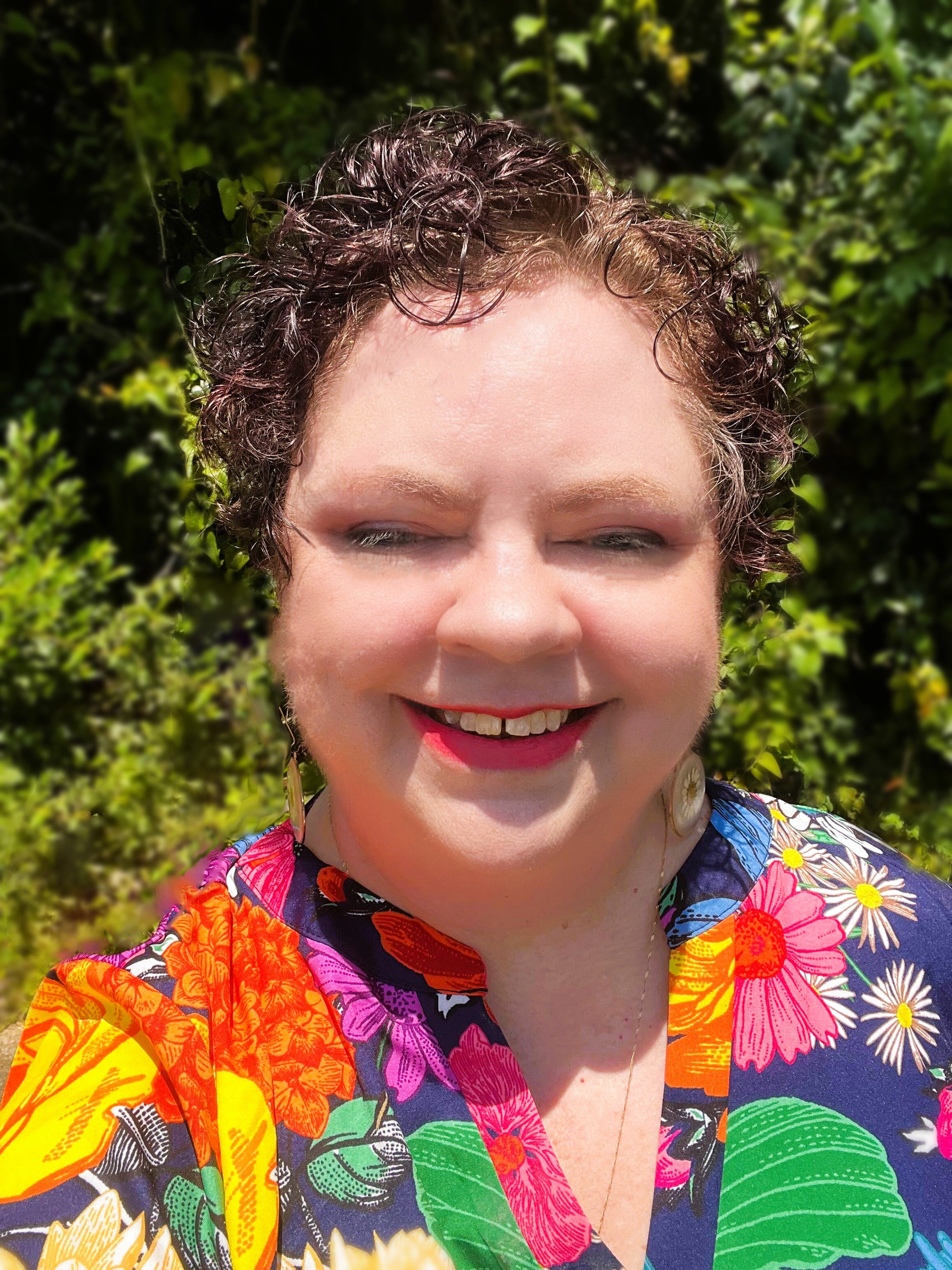FocusFirst to hold vision screenings
Published 11:36 am Monday, September 26, 2011
Tuscaloosa, Ala. – Since 2004, more than 2,100 students attending 23 Alabama colleges, universities, and high schools have screened over 120,000 children in Alabama for eye diseases and disorders as part of their affiliation with FocusFirst – a signature project of Impact Alabama: A Student Service Initiative. Impact is the state’s first nonprofit organization dedicated to developing and implementing substantive service-learning projects in coordination with select universities and junior colleges throughout the state.
FocusFirst staff members plan to screen 148 children in Butler County on September 27 and September 30, 2011, at the following locations:
- 9/27/11 at 9:00 a.m. Healthy Kids, 211 School Highlands Road, Greenville, AL 36037.
- 9/30/11 at 9:00 a.m. Greenville Head Start, 211 School Highland Road, Greenville, AL 36037.
- 9/30/11 at 9:00 a.m. Georgiana Head Start, 337 Ebenezer Road, Georgiana, AL 36033.
A potential problem has been detected in approximately 11 percent of the Alabama children screened to date. All such children received or will receive fully subsidized follow up care, as necessary, under the supervision and coordination of Sight Savers America.
FocusFirst provides a cost-effective direct response to the vision problems of underprivileged children who live in urban and rural poverty in Alabama. FocusFirst student volunteers travel to communities of need and conduct vision screenings for children, six months to five years of age, using state-of-the-art photo-screening technology. Founder and President Stephen Black, a professor/attorney who has developed a Center for Ethics and Social Responsibility at the University of Alabama, began implementing Impact in the fall of 2004. Impact now has 30 full-time staff members working out of the non-profit’s headquarters in Birmingham and Tuscaloosa.
“We desperately need young people’s energies, perspectives, and talents to make our communities and institutions work well,” Black stated. “I see the college years as an incredible opportunity to engage students in addressing human and community needs through structured service opportunities, while providing them with a sense of their ability as well as responsibility to affect structural change.”





